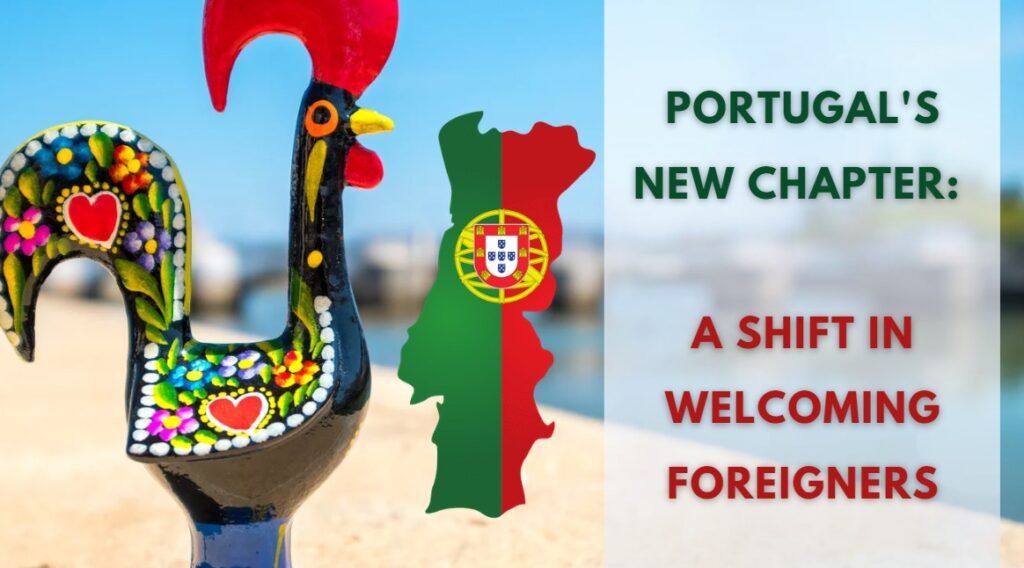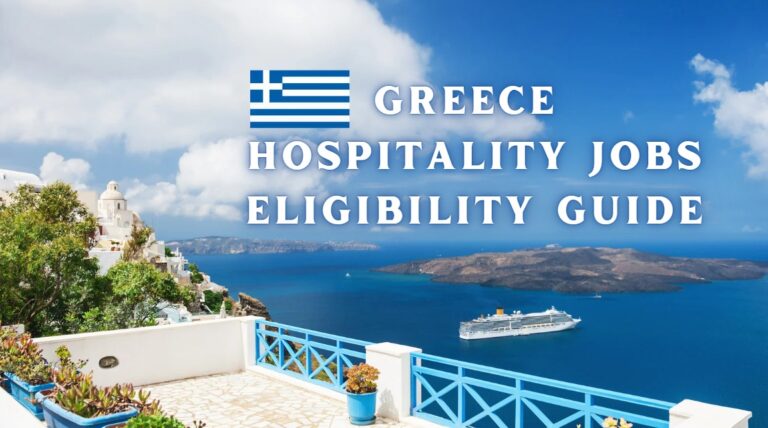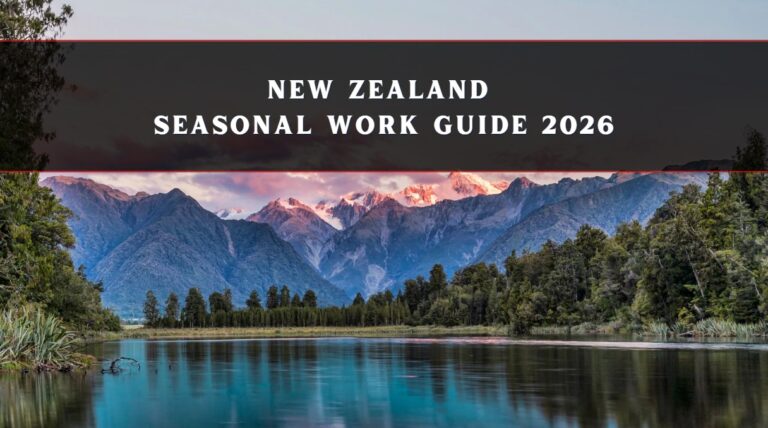
Portugal Tightens Immigration Policies: What You Need to Know
Portugal, renowned for its welcoming stance toward immigrants, is shifting its approach under its right-leaning government. The “manifestation of interest” mechanism, a pivotal element in Portugal’s residency process for non-EU citizens, has been revoked. This mechanism allowed non-EU citizens to apply for residency after making social security payments for a year, even without a prior employment contract.
Changes to Residency Rules
The “manifestation of interest” pathway was a favorite among digital nomads and workers in lower-wage sectors. It integrated more individuals into Portugal’s formal economy, contributing to the tax system while they sought permanent employment. However, critics linked the influx of foreign workers to the country’s housing crisis, a claim contested by left-leaning voices.
Economic Impact of Migrants
Non-nationals are vital to Portugal’s economy, making up 14% of taxpayers. In 2022, they contributed about €1.6 billion ($1.7 billion) while receiving €257 million ($280 million) in social security benefits. Despite these contributions, Prime Minister Luis Montenegro’s government has raised concerns about uncontrolled immigration. “We need people in Portugal willing to help us build a fairer and more prosperous society,” said Montenegro. “But we cannot go to the other extreme and have wide-open doors.”
New Immigration Focus
To manage immigration more selectively, the government plans to introduce criteria prioritizing individuals from Portuguese-speaking countries, students, and high-skilled workers. Reports suggest immigrants from India, Nepal, and Bangladesh will be most affected. With around 400,000 pending regularization processes, the government aims to hire more staff and create a special task force to address the backlog.
Broader Policy Shifts
Since April, Prime Minister Montenegro has been tightening immigration policies. Significant parts of the golden visa program, which allowed residency through property investment, have been dismantled. Plans to end the non-habitual residency (NHR) tax scheme, offering a flat 20% income tax rate for foreigners, are set for 2024. These changes aim to curb wealthy foreigners from inflating property prices, but also create new hurdles for low-skilled migrant workers. Despite these measures, house prices in Lisbon continue to rise faster than in other European cities, underscoring persistent housing challenges.
Portugal’s new policies reflect a significant shift in its immigration approach, balancing economic contributions with social and housing impacts. Stay informed on how these changes might affect you or your business.
Looking forward to getting more information on the migration program Call or WhatsApp us 00974 4493 4528
Connect with us to get updates on our regular Immigration and hiring updates 🤝🏻
💬Official Whatsapp Channel | 💬 Whatsapp Community | 👍 Facebook | 📸 Instagram | 💼 LinkedIn







